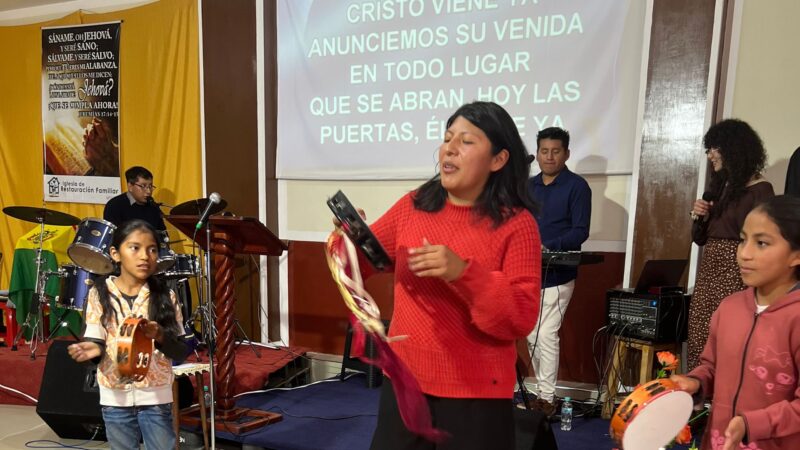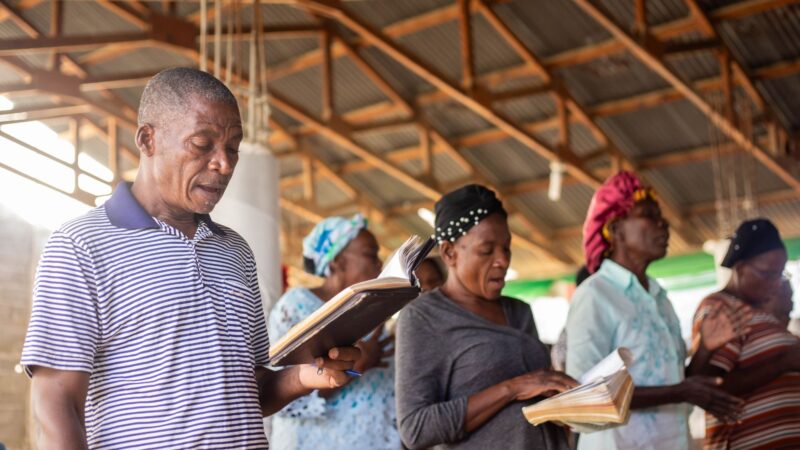In this final part to “Developing a Heart for Missions” we’ll take a look at the distinction between mission-focused hearts that “go” and those that “stay.” So far we’ve considered God’s heart for His people and our role within that plan. We have relinquished any claim we have on the successes or setbacks of missions. And we’ve examined the practical aspects of intentionality. Finally, we need to determine how to incorporate these roles into our lives.
Make Disciples of All Nations
In both Matthew and in Acts we witness Jesus commanding His disciples to “go and make disciples of all nations” (see also Mark 16:15, Romans 10:14-15, and 2 Timothy 2:2 for other examples).
“Go therefore and make disciples of all nations, baptizing them in the name of the Father and of the Son and of the Holy Spirit, teaching them to observe all that I have commanded you. And behold, I am with you always, to the end of the age.” Matthew 28:19-20
“But you will receive power when the Holy Spirit has come upon you, and you will be my witnesses in Jerusalem and in all Judea and Samaria, and to the end of the earth.” Acts 1:8
These passages bring up an interesting question that we should ask ourselves: Do these commands apply to me too? Clearly, Jesus was speaking directly to the disciples when these commands were given. However, this doesn’t mean that the call to missions only applied to Jesus’ disciples 2,000 years ago. As we’ve already established, God has a missional heart for His people. And He often chooses to use those in the family as messengers of His grace. So the natural question that many believers may ask is: “Has God called me to missions?” How do you answer that?
Consider this. When God called you to salvation through His Son and you accepted His gift, He called you to missions at the same time.
Responding to God’s Call
For many church-goers the notion of being “called to missions” is strictly connected to the idea of going overseas as a cross-cultural “capital M” Missionary. Biblical examples of believers who travel to distant lands to share the Gospel have become synonymous with the idea of “Missionaries.” And, in many cases, this makes sense. But we must understand that serving a missionary, or living a missional life, doesn’t always require moving to another country. So let’s not restrict the “call of missions” to only those who “go.” If we do, then we have placed the burden of reaching the lost on a small number of believers. And we have neglected our responsibility.
In speaking with churches, I’ve found that for many church-goers the call of missions is considered so “special” that Missionaries are often given a sort of reverent place of honor among the church. While certainly flattering, this troubling sentiment puts missions beyond the grasp of “normal” Christians. It becomes seen as something that others do rather than something that everyone is called to engage in. While we all may participate at varying levels of engagement, as Christians we’re certainly called to purposeful, missional living.
Join Bright Hope on Mission
Please take some time to prayerfully decide how God wants you to fulfill His mission. Whether you decide to “go” or “stay,” you can partner with Bright Hope! Our mission is to bring sustainable hope to those living on less than $2 a day.
At Bright Hope, we envision a world where churches transform their communities by bringing hope to the extreme poor. As a Christian organization, we believe that Jesus desires to work through His body to change lives (see Eph. 4:11-12; John 13:35). Our in-country church partners, when engaged and carefully resourced, can transform their communities by discipling believers, sharing the Gospel, and meeting the physical and spiritual needs of their communities.




